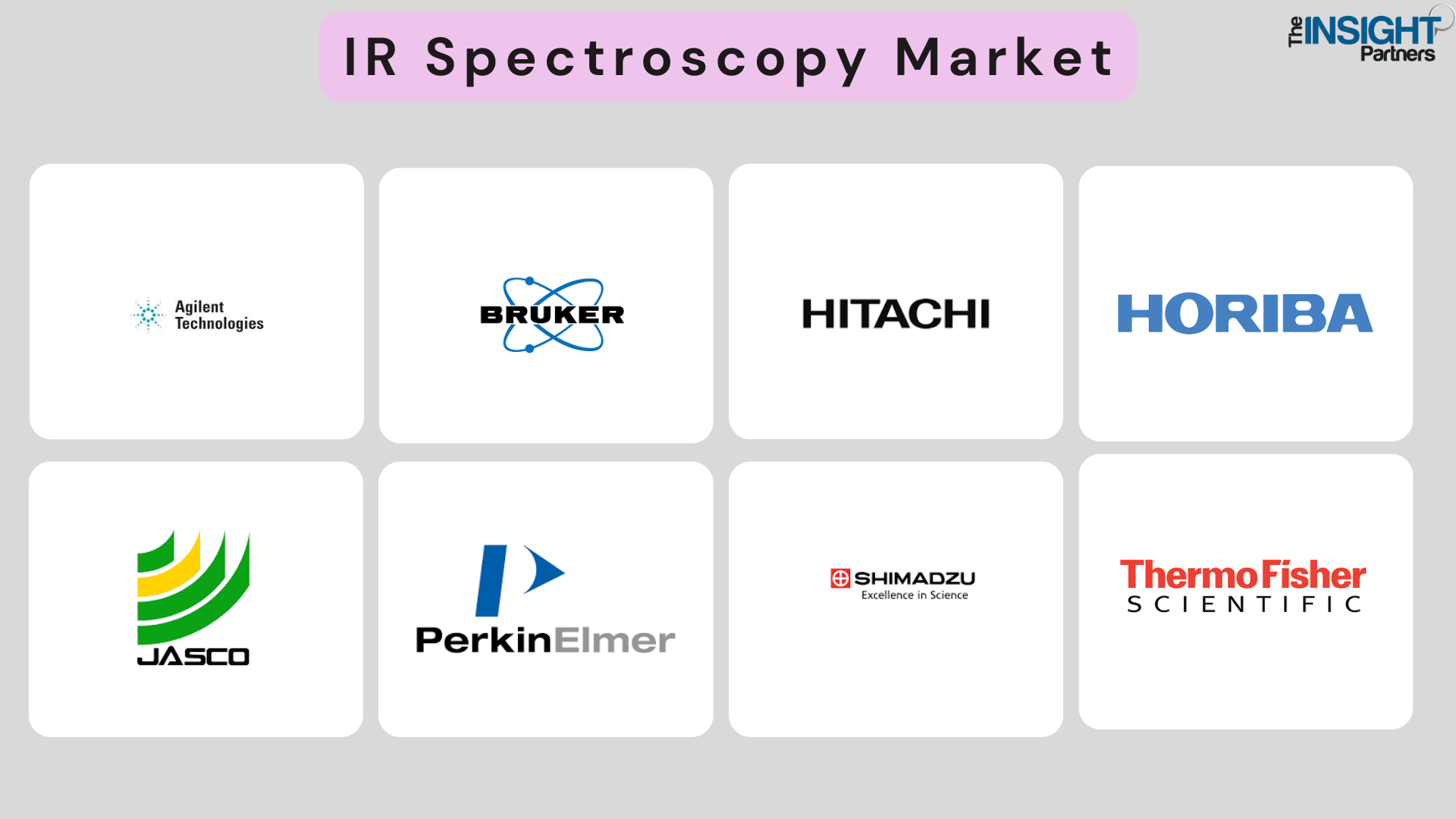Infrared (IR) spectroscopy, a cornerstone analytical technique, is experiencing a resurgence in demand, driven by its unparalleled ability to identify and characterize molecular structures across a myriad of industries. By measuring the absorption of infrared radiation by a sample, IR spectroscopy generates a unique "fingerprint" that reveals its chemical composition and functional groups. This non-destructive and rapid analytical method is proving indispensable for quality control, research and development, and process monitoring in an increasingly complex world.
The IR spectroscopy market size is projected to reach US$ 2.47 billion by 2031 from US$ 1.36 billion in 2023. The market is expected to register a CAGR of 7.8% during 2023–2031. This consistent growth is fueled by several critical factors.
One of the most significant drivers is the burgeoning pharmaceutical and healthcare industry. IR spectroscopy plays a vital role in every stage of drug development, from raw material identification and quality control to formulation analysis, polymorphic screening, and even detecting counterfeit drugs. Stringent regulatory requirements for drug purity and consistency further cement the importance of IR spectroscopy in this sector, which accounted for a substantial 55% of the market share in 2022. The ability of techniques like Near-Infrared (NIR) spectroscopy to analyze samples in their original packaging, reducing contamination risks, is a major advantage.
Beyond pharmaceuticals, the food and beverage industry is a rapidly expanding application area. With growing concerns about food safety, authenticity, and quality, IR spectroscopy is widely used for detecting adulterants, assessing nutritional content, and ensuring product consistency. For instance, it can quickly determine the amounts of lipids, proteins, and carbohydrates in food samples. The global shift towards functional foods also boosts demand for IR spectroscopy to evaluate the presence of bioactive compounds.
Furthermore, advancements in technology are significantly propelling market expansion. The development of portable and miniaturized IR spectrometers has opened up new avenues for on-site, real-time analysis in environmental monitoring, forensic science, and industrial settings. These user-friendly devices enable non-specialists to obtain crucial data with minimal training. The integration of Artificial Intelligence (AI) and Machine Learning (ML) is also revolutionizing data analysis and interpretation, allowing for faster and more accurate insights from complex IR spectra.
While the high initial cost of advanced IR spectroscopy systems can pose a challenge, the long-term benefits of improved product quality, enhanced safety, and streamlined processes continue to drive adoption. As industries globally intensify their focus on quality assurance, regulatory compliance, and rapid analytical capabilities, the IR spectroscopy market is set to continue its robust growth, solidifying its position as a vital tool for scientific and industrial progress.
Get Sample Report: https://www.theinsightpartners.com/sample/TIPRE00017506
Author's Bio:
Nilesh Shinde
Senior Market Research expert at The Insight Partners
 Free IL
Free IL


